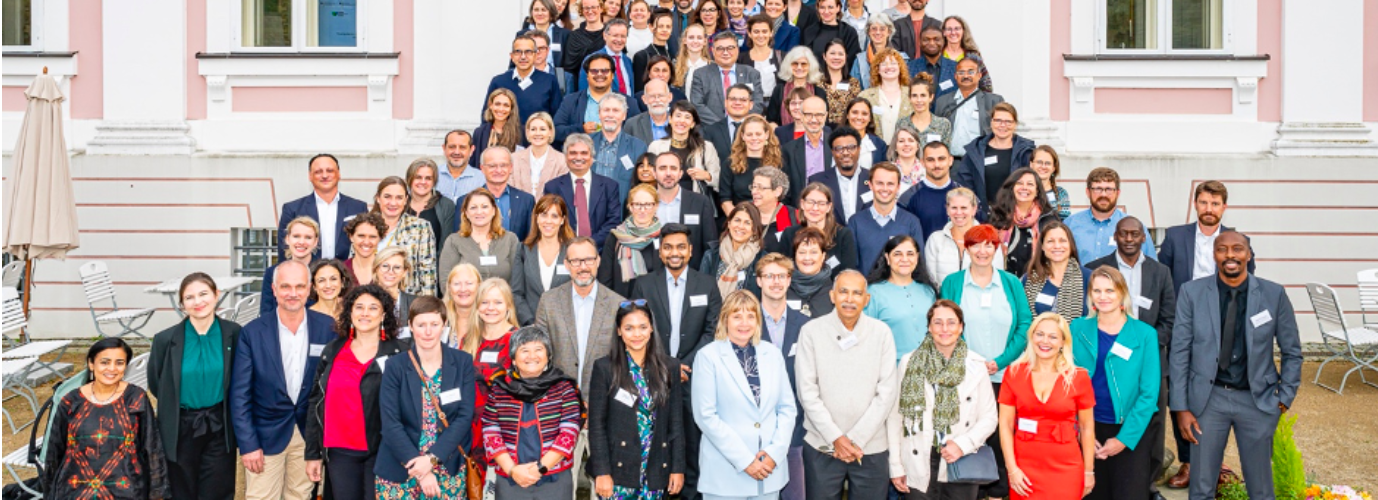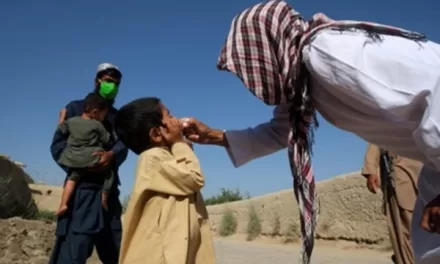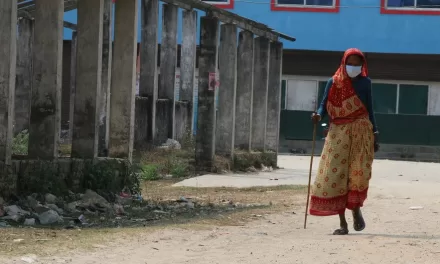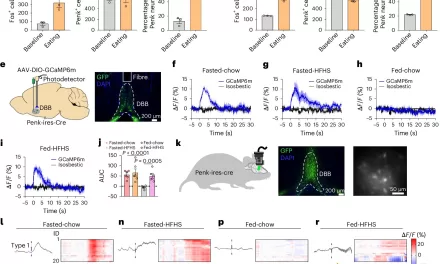
On October 12-13, the event “Breaking Barriers: Advancing the One Health Agenda with a Focus on Environment” took place at the Schloss Friedrichsfelde in Berlin. The meeting especially focused on biodiversity conservation and prevention of pandemics at the source. The event prioritized showcasing expertise and experiences, creating space for cross-sectoral connections and critical discussions, and capturing practical ways to help guide and inform next steps toward One Health implementation.
Over two days, 120 participants from academia, governments, NGOs, UN Agencies and the private sector attended the event and enriched discussions, sharing perspectives from environmental conservation as well as veterinary and human health sectors. Plenary sessions took place in live format and were additionally live-streamed for a virtual audience. The event also created a space for dynamic discussions, connections, information-sharing, and networking among participants.
A major aim of the event was to help “break barriers” by encouraging cross-sectoral collaboration and demystifying questions and concerns about the One Health approach, and to inform and inspire decision-makers and implementers alike. To align with this theme, the Quadripartite collaboration on One Health (FAO-UNEP-WHO-WOAH), provided a global overview of their united efforts to advance One Health, specifically utilizing the Quadripartite One Health Joint Plan of Action and its accompanying Implementation Guide to transform policies into action for One Health, and the crucial role funding partners, such as BMZ and GIZ, play to leverage investments which help sustain these actions for One Health implementation.
On behalf of BMZ, Dr. Tania Rödiger-Vorwerk (Deputy Director General of Directorate of Global Health, Resilience, Equality of Opportunity) provided opening words on the first day, and said: “The One Health approach links human and animal health with ecosystem protection. But the nexus between health and environment has not yet received the attention it deserves. It is very complex, but at the same time particularly important. We are happy to work with the Quadripartite and others to promote the importance of the environment for animal and human health.”
The event was made possible thanks to collaboration from the German Federal Ministry for Economic Cooperation and Development (BMZ), the German Federal Ministry for the Environment, Nature Conservation, Nuclear Safety and Consumer Protection (BMUV), the Quadripartite Collaboration on One Health (Food and Agriculture Organization of the United Nations [FAO], United Nations Environment Programme [UNEP], World Health Organization [WHO], World Organisation for Animal Health [WOAH]), the Wildlife Conservation Society (WCS), the Sector Initiative One Health of the German Society for International Cooperation (GIZ), and the International Alliance against Health Risks in Wildlife Trade.











